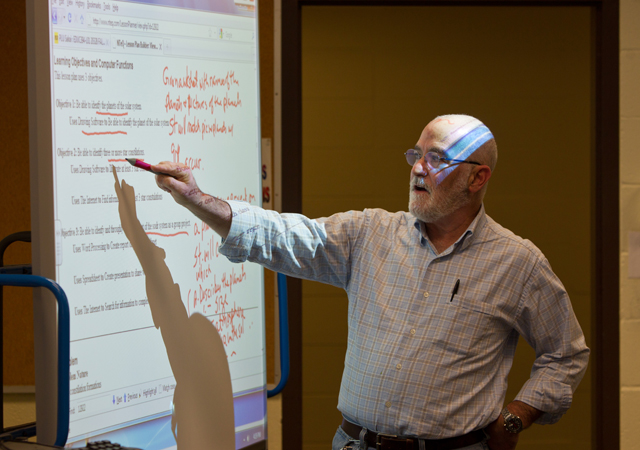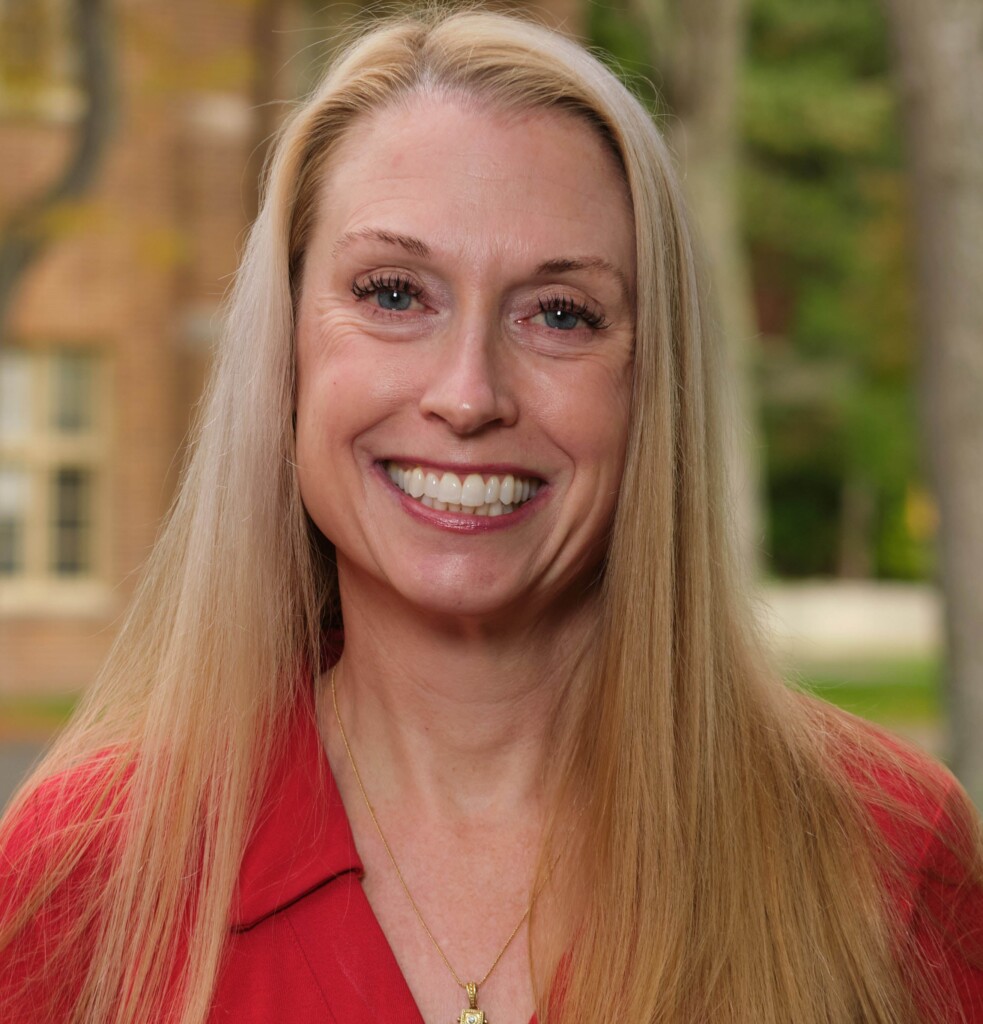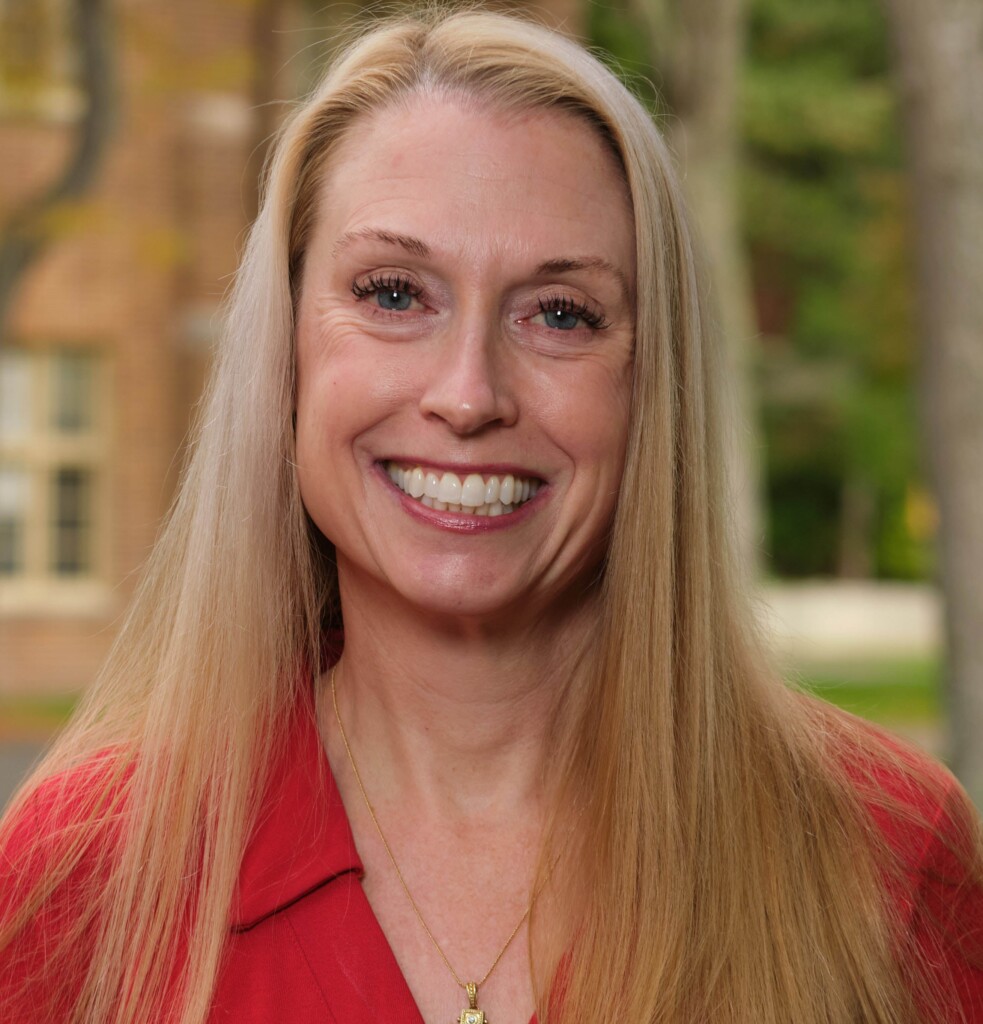Page 15 • (603 results in 0.013 seconds)
-
Benson Family Summer Research Fellowship news for Pacific Lutheran University.
Summer Research Fellows Share Results By Michael Halvorson ’85, Benson Family Chair in Business and Economic History Are you curious about innovative historical research projects that are transforming PLU? PLU’s Business and Economic History Program invites you to learn more at a presentation of creative scholarship by the 2021 Benson… October 15, 2021 Benson Family Summer Research FellowshipBenson FellowsBusiness and Economic HistoryMichael Halvorson
-
Benson Fellows news for Pacific Lutheran University.
Summer Research Fellows Share Results By Michael Halvorson ’85, Benson Family Chair in Business and Economic History Are you curious about innovative historical research projects that are transforming PLU? PLU’s Business and Economic History Program invites you to learn more at a presentation of creative scholarship by the 2021 Benson… October 15, 2021 Benson Family Summer Research FellowshipBenson FellowsBusiness and Economic HistoryMichael Halvorson
-
Luther, Martin/Olds A Mighty Fortress Is Our God Mendelssohn-Bartholdy, Felix Richte Mich, Gott Jauchzet Dem Herrn, Alle Welt Carissimi, Giacomo Jepthe Gardner, John A Latter Day Athenian Speaks
Peace Away in a Manger Slater, Richard Shepherds Pipe Your Melody Distler, Hugo Sing With Joy, Glad Voices Lift Bach, Johann Sebastian Magnificat in D Billings, William When Jesus Wept Poulenc, Francis Timor et Tremor Vinea Mea Electa Tristis est Anima Mea Allegri, Gregorio Miserere Mei, Deus (Psalm 51) Bruckner, Anton Christus Factus Est Lotti, Antonio Crucifixus Britten, Benjamin War Requiem de Lassus, Orlandus In Hora Ultima Suderburg, Robert Gloria (from Concert Mass) Willcocks, David Bobbi
-

PLU Professor Lenny Reisberg uses a smart board during instruction for a course he teaches. (Photo by John Froschauer) Technology opens the door By Chris Albert As the snow and ice closed campus during the end of January, the challenge of getting to class was…
opportunity for all the students to be together to talk with the instructor at the same time,” he said. “With the cameras, laptops, webcams, we can see each other, talk to each other.” “It opens up what is possible,” Reisberg said. “It’s not face-to-face, but it’s virtual face-to-face.” Read Previous Posters aim to bring awareness to campus Read Next “Did Jesus believe in God?” COMMENTS*Note: All comments are moderated If the comments don't appear for you, you might have ad blocker enabled or are
-

Director of Holocaust and Genocide Studies | Holocaust and Genocide Studies Programs | griechba@plu.edu | 253-535-7591 | Beth A.
Book Accolades Dr. Griech-Polelle's most recent award was being selected to participate in the Alan S. Cornell Seminar for U.S. Campus Faculty at Yad Vashem: The World Holocaust Remembrance Center, Jerusalem, Israel, June 2023. Professional Memberships/Organizations INoGS (International Network of Genocide Scholars) , (2012 - Present) German Studies Association , (1999 - Present) American Catholic Historical Association American Historical Association The Ohio Academy of History American Society of
-
History students at Pacific Lutheran University develop the skills needed to ask important questions, collect and evaluate evidence, work collaboratively with others, and offer clear and
collaboratively, organize and deliver oral presentations on historical subjects, and produce substantial research papers that demonstrate the student’s competency in historical research and written expression. What can you do after PLU? History graduates prepare for active citizenship and a variety of career opportunities, including library and information sciences, research, jobs in technology, government service, journalism, law, business, or graduate school in History. Many of our graduates consider
Professor Rebekah Mergenthal, ChairXavier Hall, Room 109 12180 Park Ave S Tacoma, WA 98447-0003 -

Kurt Mayer Chair of Holocaust Studies | Department of History | griechba@plu.edu | 253-535-7642 | Beth A.
. Cornell Seminar for U.S. Campus Faculty at Yad Vashem: The World Holocaust Remembrance Center, Jerusalem, Israel, June 2023. Professional Memberships/Organizations INoGS (International Network of Genocide Scholars) , (2012 - Present) German Studies Association , (1999 - Present) American Catholic Historical Association American Historical Association The Ohio Academy of History American Society of Church History Biography Beth A. Griech-Polelle serves as the Mayer Chair of Holocaust Studies at Pacific
-

Director, Holocaust and Genocide Studies | Interdisciplinary Programs | griechba@plu.edu | 253-535-7591 | Beth A.
Book Accolades Dr. Griech-Polelle's most recent award was being selected to participate in the Alan S. Cornell Seminar for U.S. Campus Faculty at Yad Vashem: The World Holocaust Remembrance Center, Jerusalem, Israel, June 2023. Professional Memberships/Organizations INoGS (International Network of Genocide Scholars) , (2012 - Present) German Studies Association , (1999 - Present) American Catholic Historical Association American Historical Association The Ohio Academy of History American Society of
-
Wednesday, October 28, 2015 at 7:30 pm in Lagerquist Concert Hall, Mary Baker Russell Music Building
subsurface wealth and all that this seemed to promise them, on earth and in heaven. Biography Darren Dochuk is Associate Professor in the Department of History at the University of Notre Dame. He is the author of From Bible Belt to Sunbelt: Plain-folk Religion, Grassroots Politics, and the Rise of Evangelical Conservatism, published by Norton in 2011, which won the Society of American Historians’ Allan Nevins Prize, American Historical Association’s John H. Dunning book prize for outstanding historical
-
Upon completion of the program, a student receiving a BA in Communication will be able to: Deliver a public and/or professional presentation for an audience within a specified timeframe.
, and should be able to identify the characteristics of sources that are credible and those that are not (authorship, credentials, URL, publishing organization, etc.). Upon completion of the program, a student receiving a BFA in Design, a BA in Studio Arts, or a BA in Art History will be able to: Identify and interpret artistic expression from a variety of current and historical sources; Demonstrate an awareness of artistic expression as a form of communication; Practice creative exploration in a
Do you have any feedback for us? If so, feel free to use our Feedback Form.


